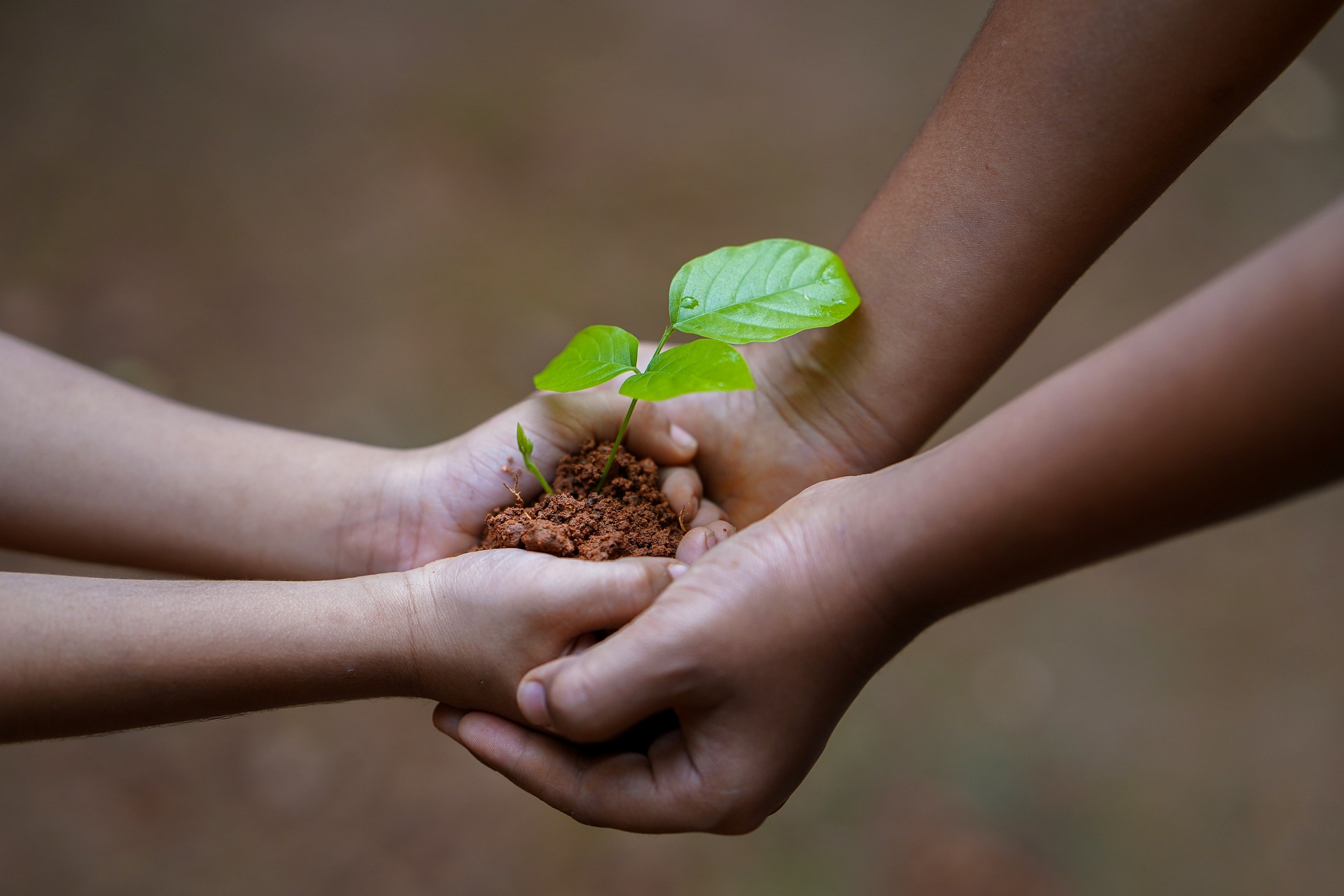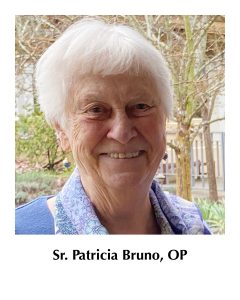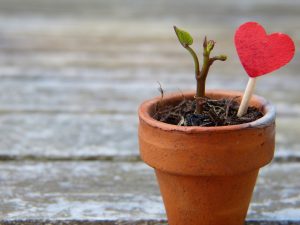- All
- Wisdom
- We Stand on Their Shoulders
- Vocation
- Uncategorized
- Stories Seldom Heard
- Spirituality
- Social Justice
- Prayer
- Peace
- Oneness
- Love
- Letting Go
- Lent
- Joy
- Inspirational Images
- Hope / Healing
- Holy Week
- Gratefulness
- God's Presence
- General News Stories
- Forgiveness
- Finding God
- Faith
- Easter
- Dominican Saints
- Discipleship
- Courage
- Christmas
- Catholic Sisters Week
- Care of the Earth
- Blessing
- Beauty
- Advent
- #justiceOPportunity
Psalm 72 “Where the danger is, so also grows the saving power of God”
Sr. Patricia Bruno, OP

270th Edition January 2022
Psalm 72 “Where the danger is, so also grows the saving power of God”
 Welcome to Stories Seldom Heard. I would like to especially welcome the parishioners of Mission Santa Barbara Parish. Santa Barbara is the first full in-person retreat Fr. Jude and I have offered since March 14, 2020, for the Notre Dame Sisters, Ipswich, MA. It was wonderful being with all of you again in Santa Barbara. Who knows what the future will bring. God has brought us this far but the next steps will have to be discerned as the virus keeps changing its influence.
Welcome to Stories Seldom Heard. I would like to especially welcome the parishioners of Mission Santa Barbara Parish. Santa Barbara is the first full in-person retreat Fr. Jude and I have offered since March 14, 2020, for the Notre Dame Sisters, Ipswich, MA. It was wonderful being with all of you again in Santa Barbara. Who knows what the future will bring. God has brought us this far but the next steps will have to be discerned as the virus keeps changing its influence.
Also, I would like to thank all of you who have sent donations in support of Stories Seldom Heard. Your continued prayers and generous donations not only support our congregation and my ministry of preaching but also make you an active member of the preaching community. In other words, we are partners in preaching the Good News. Last month I mentioned some of the quotes from parishes and dioceses that are actively involved in the Synod on Synodality. To use one of the parishes images, “We are a cloth of different colors and types forming the same cloth. Happy and diverse.”
“I have said this to you three times already, but I will say it a fourth.” These words of Pope Francis precede the story he tells of a thirteenth-century rabbi. The rabbi was explaining to the Jews at that time the history of the Tower of Babel. “Building the Tower of Babel was not easy,” the rabbi said. “They had to make bricks. Mud and straw must be fetched. Then they had to mix those materials together and carry the bricks to the kiln. It involved a lot of hard work. So after all this labor, a brick became a real treasure. Then, the laborers had to hoist the brick up the side of the tower in order to add to the height of the tower. If a brick fell, it was a tragedy. But if a man fell, nothing happened!”
Pope Francis brings the story even closer to us. “This is the crisis we are living in today. This is the crisis of the person. Today the person counts for nothing….We must liberate ourselves from these economic and social structures that enslave us. This is our duty.”
Psalm 72 is an intriguing psalm because it has political implications. Often this Psalm is associated with King Solomon, a wise, just, and God-loving ruler. But as with any great piece of literature and especially scripture, its wisdom can easily be applied to our lives. The psalmist describes the attributes of a good and just ruler.
The ruler “shows pity to the feeble and the poor and saves the lives of the needy.
From extortion and violence, he frees them, for precious is their blood in his sight” (Ps. 72:9). But it is clear that the ruler cannot do this alone relying on his/her own power. The psalm begins with a prayer for the leader and that prayer is woven throughout the psalm which awakens us to our responsibility to pray for our leaders. “Prayer will be offered for him (the King) constantly, blessings invoked on him all day long” (Ps. 72:10).
Just solutions to the enormous problems of poverty, violence, and injustice in our society and the world take more than human knowledge, strategies, and courage. They require a deep trust and faith in God, not just for the leaders of a country, but also for those who populate the country. Especially in a democracy both the people and the leaders must work and pray to help bring about justice.
We are still close enough to Christmas to hear Meister Eckhart’s words echo in our minds and hearts. “To Become the Emptiness That We Can Receive”
It is Mary’s emptiness,
Her willingness
to create
the largest possible
space
which allows her
to carry
the seed of God.
This emptiness
is our task too.
God is asking to be
Planted in each and
every one of us.
Now more than ever
before
we must carry the seed
of God
into the world.
Eckhart invites us to be active, attentive, and prayerful members of society. He challenges us to empty ourselves so that God might be planted in each of us. Even though Eckhart’s prayer was written centuries ago, we can feel the urgency of God’s desire. The seed has been planted in us. We must carry it into our world today through our words and actions. We, women and men, single and married, are chosen to give birth to God – to make God real – in our culture and in our time. We don’t usually think of ourselves this way. Our lives often seem too small. Our problems and the issues we face every day often feel a bit overwhelming. We certainly wouldn’t describe many parts of our world as the psalmist describes his/her world. Our mountains are not waving their heads of grain in the wind. Delicious ripe fruit is not as abundant as the winter grass in the valley in all parts of the world or even our country. The earth is not celebrating its fruits and the rivers and springs are not clapping their hands shouting, “Clear clean water for everyone.”
Psalm 72 offers us a challenging vision. The fullness of the vision is not here yet, but that doesn’t keep us from moving towards it. When we pray this psalm, we are not naïve or deluding ourselves. God’s peaceful kin-dom as imaged in Psalm 72 is not a wish. It is a promise. It’s a promise that was made before time began and continues to be renewed until the end of time.
For sure, there is a struggle between what we see in the world, and God’s intention for the world to be healed, mended, reconciled, and peaceful. But, this psalm is a psalm of hope. God puts this vision before us, hoping we will be partners in helping it come to fullness: hoping that the seed that has been planted in us will birth forth in our world. We are part of God’s plan. God’s vision continues to grow each day as we translate God’s promise into our daily choices. It’s a broad vision that the psalmist offers. It affects every part of our lives whether we talk about politics, religion, family life, or our careful or careless actions towards our environment.
 As we pray Psalm 72, hope is awakened and made stronger. We are given the ability to see and the confidence to name the places where God’s vision is slowly but relentlessly evolving. These observations don’t come easily, but for those who understand God’s ways, they are all around us if we pay attention and are willing to place our trust in the slow work of God. Pope Francis has a saying that I believe is true. “Where the danger is, so grows that saving power of God.” Where the danger is, so grows grace.
As we pray Psalm 72, hope is awakened and made stronger. We are given the ability to see and the confidence to name the places where God’s vision is slowly but relentlessly evolving. These observations don’t come easily, but for those who understand God’s ways, they are all around us if we pay attention and are willing to place our trust in the slow work of God. Pope Francis has a saying that I believe is true. “Where the danger is, so grows that saving power of God.” Where the danger is, so grows grace.
There’s a true story about Archbishop Desmond Tutu, Anglican Archbishop of South Africa. During the Apartheid period, while Nelson Mandela was still in prison, the Archbishop went to the South African Embassy in Washington, DC. He stood outside the embassy gates and shouted these words. “Those of you inside are you listening? Can you hear me? You have already been defeated. Do you understand? You’ve already lost. It’s not we shall win. It is we’ve already won. God is on our side because God is on the side of justice. We know the future.”
Perhaps this might be our New Year’s resolution: each day to seek out and name the places where God’s vision is being fulfilled now. This practice alone is not only a sign of our hope, but will also strengthen and support our hope.
Blessings as we begin another year of Grace.
“Stories Seldom Heard” is a monthly article written by Sister Patricia Bruno, O.P. Sister is a Dominican Sister of San Rafael, California. This service is offered to the faith community to enrich one’s personal and spiritual life. The articles can be used for individual or group reflection.
Also, special thanks to Mary Ellen Green and Maria Hetherton who have helped in editing this article.
